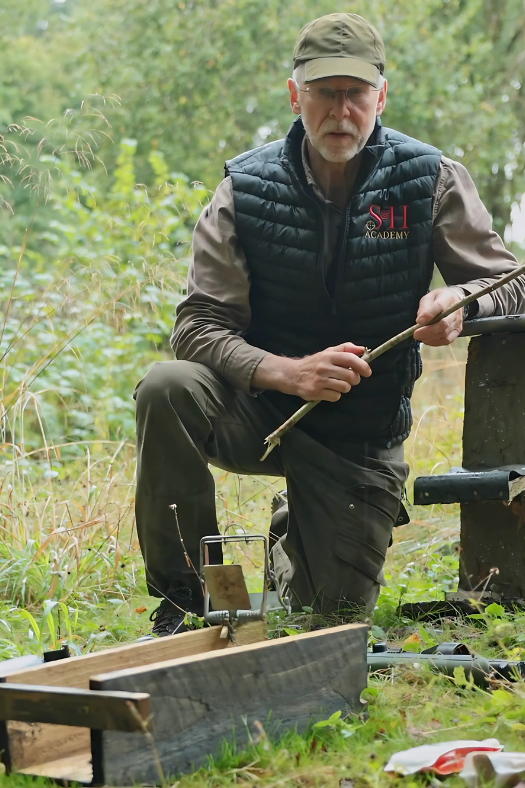Grey Squirrel Management Course
A few more words about this course
Why Manage Grey Squirrels?
Candidates will learn about the different control methods
available for managing grey squirrel populations, such as live trapping,
shooting, and monitoring techniques. Emphasis will be placed on humane and
effective control strategies that minimise harm to non-target species and
ensure the sustainability of woodland habitats.
Furthermore, the course will explore the importance of
monitoring and evaluating control operations to assess their effectiveness
and guide future management decisions. Candidates will learn how to use
trail cameras, feeding signs, and other monitoring tools to gather data on
squirrel populations and behaviour, enabling informed decision-making
in grey squirrel management.
By the end of this course, candidates will be equipped with the knowledge and
skills needed to implement successful grey squirrel management strategies
in forests and woodlands. This course will serve to educate and inform
candidates about the theoretical and practical elements involved in grey
squirrel management by guiding them through a series of online modules,
classes, and exams.
Whether the goal is to protect vulnerable tree
species, conserve red squirrel populations, prevent the spread of disease,
or simply have an insight into grey squirrel management in the UK,
candidates will benefit from a comprehensive understanding gained through
this course.
Course Content
Anthony Malkin

